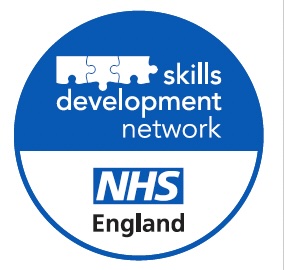
The Estates Graduate Training Scheme has been established as a highly-focused development pathway for graduates to become the next NHS estates middle managers and beyond. As a pilot scheme, we will be welcoming the first cohort of graduates into NHS estates from September 2025.
The pilot scheme offers graduates a chance to join engineering teams in NHS organisations across England.
The 3-year scheme gives graduates a unique insight into how an NHS organisation operates. The NHS Estates Engineer Graduate Scheme shall focus on the delivery of Engineering Services within the “hospital” environment, utilising the individual’s engineering knowledge and skills to deliver services across singular or multiple areas. The scheme is designed to offer graduates varied challenges and opportunities to help build skills and knowledge. Our aim is to introduce new talent to the estates engineering teams, help graduates to develop across the range of areas and progress within the organisation.
We are looking for confident and eager individuals who want a career in estates engineering, delivering deeper value for money in an ever changing organisation. Graduates should be keen to get involved and access all there is to offer on the programme.
Engineers in the NHS maintain and repair a range of equipment and facilities from ambulances to dialysis machines to air conditioning units. All are vital to a high-quality NHS and make sure that our hospitals and other sites are the safest, most environmentally-friendly and best possible places to be for patients, staff and visitors.
As an engineer, you could work in different departments using your engineering skills in different ways.
You could for example be a:
Engineers need to be
You'll also need